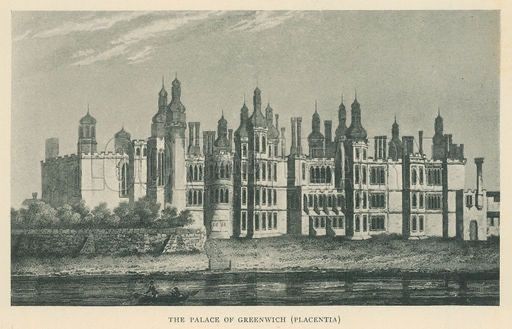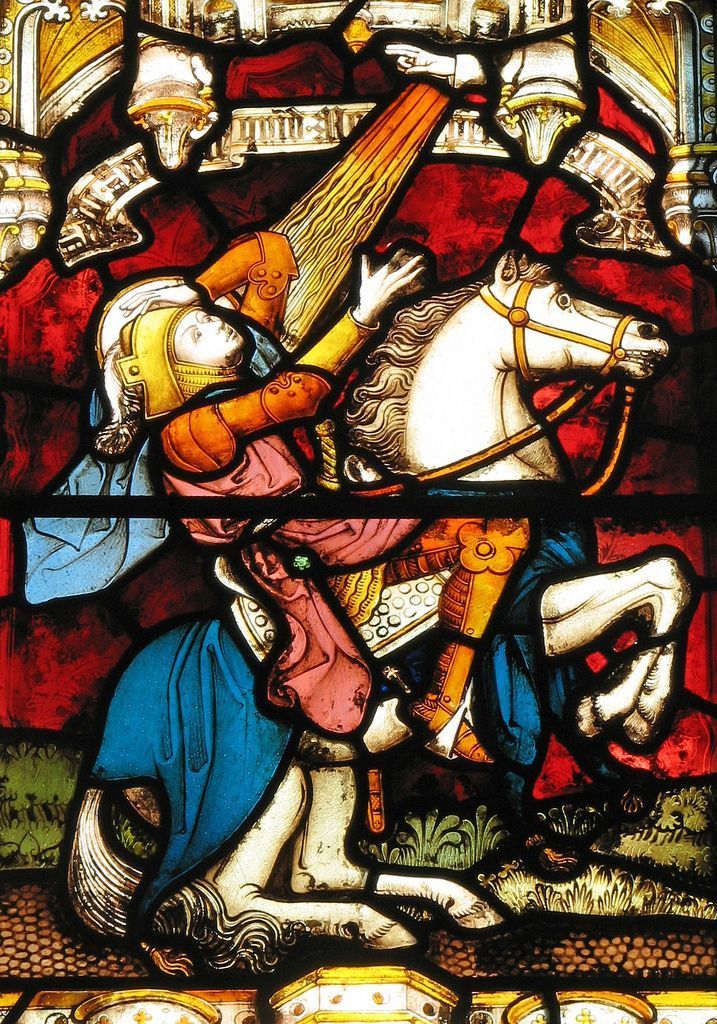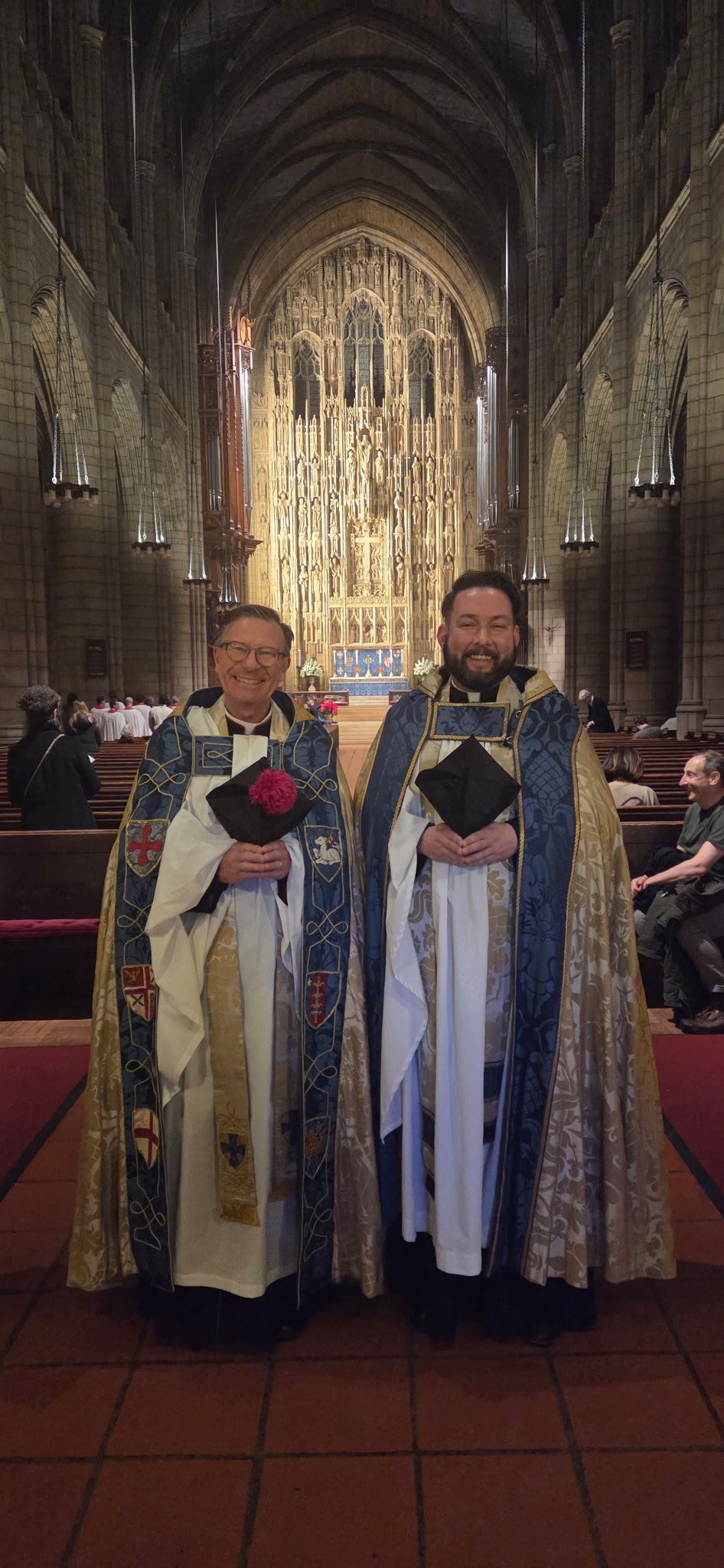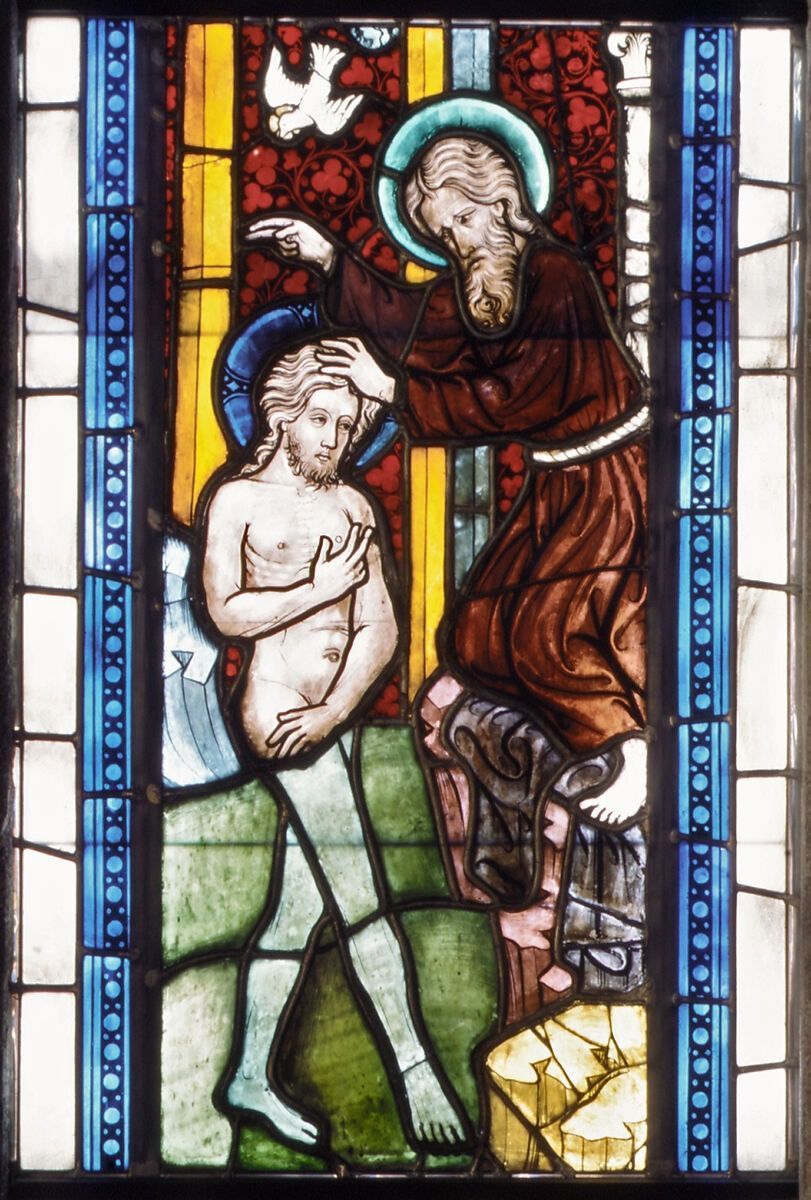Of Elves and Men
Rev. Michael J.V. Clark • October 1, 2025

'If they will not listen to Moses and the prophets, neither will they be persuaded if someone should rise from the dead.’
In Tolkien’s cosmology, elves and men are made of the same stuff of the earth, but elves are stronger in spirit, and their bodies are less fragile. But men have a Gift that their eleven cousins do not share, namely, death. Why would men see their mortality as a gift? In the Lord of the Rings trilogy, we see this divergence in action when Arwen is given a vision of the price of her immortality - being alone in the world after her husband, King Aragorn has died.
It is a gift from God because immortality, in Tolkien’s understanding, binds the spirit to this world - and as the years pass, the woes of the world lay heavy upon the spirit, and it yearns for release. For elves, and wizards, such a release can only come if they choose to cross the Sea to Valinor, the Undying Lands, which is not heaven, because God does not dwell there, but is a place without torment.
Death, for men, remains a mystery in Tolkien’s world. Even the elves do not really know what happens to men when they die, but evidence for it being a gift is of course given by the example of the Dead of Dunharrow, whose punishment for oathbreaking is that their souls are not released from Middle-earth at their death. Over time, because of the darkening of the world by evil, men come to see death not as gift, but as something to be feared - indeed to be feared more than anything else.
Storytelling is often the best way to convey complex information, because the images remain long after the words have fallen to the ground. It’s why Our Lord teaches in parables, and creates vivid pictures for us to contemplate for years to come. Such is the parable of Dives and Lazarus, our Gospel today, and it is parables like these that provided J. R. R. Tolkien with the springboard to create his own way to explain the big questions.
Dives and Lazarus are not in Hell, at least not in the sense of the place of damnation. They are in an in-between state, because Jesus has not yet risen from the dead, and claimed the souls of the just for himself. But they are in a place where there is no error or injustice. The rich man knows that his situation, uncomfortable though it is, is not unfair - and reaches out to Lazarus - nameless in life - to ease the weight of his conscience.
But the point of the parable is to elicit the act of Faith. Dives protests that if someone would only go from the realm of the dead to warn the living of their fate if they live lives of debauchery, but Abraham responds sagely - God has spoken in the Law and the Prophets, and they do not listen to him. Such people are hard of heart, and they will not even accept the evidence of resurrection. This is, of course, a prophecy - curiously enough, Dives’ logic is actually God’s logic, because this is the divine plan, that One should rise from the dead, and Abraham will “rejoice to see [his] day.”
This week we celebrated the feast of the twin surgeons SS. Cosmas and Damian, and on that day I reminded the daily Massgoers that hospitals, and indeed institutional medicine as we know it, is the invention of the Catholic Church. But many put more trust in doctors and science than they do in God - even though there are numerous examples of where medicine fails, and people do not have a successful outcome. We believe, all the same. How curious this is! But at the heart of our blind Faith in medical science is the fear of death - seen by us not as a gift from God, but as a night terror.
Let me be blunt - death is not to be feared, and dying is not the worst thing that happens to a human being: losing God’s friendship is the worst thing that happens to a human being. Our medical intervention should not have the aim of preserving life at any cost, but instead, of restoring us to health, so that we might get on with the job of working out our salvation in fear and trembling.
From a Christian point of view, this is why we intervene medically - because you have a job to do - beyond your daily life with its chores and responsibilities, your chief role is to worship God, and you cannot do that with a broken limb, or a whooping cough. We cannot cheat death, it will come for all of us, one day. But we should believe - because One did indeed rise from the dead.
A few weeks back two world leaders were caught boasting about how, very soon, they would be able to avoid physical death and live forever by means of constant organ transplants. There are also titans of the technological industries who dream of downloading their consciousness so they escape the limitations of a physical body once and for all. If this kind of fantasy were to become a reality, we know what the Church's response would be - she would oppose it, because to deny the human person the release of death would, in fact, be inhumane. To be trapped in a server somewhere, forever (or at least until the next power cut) would be a state not dissimilar to the Dead of Dunharrow - no longer alive, but rather ghosts seeking to avoid God at all costs. What a pitiable state.
Because the One Man rose from the dead, we no longer need fear death - in a way, Tolkien is correct, it is a form of gift, because it is the final answer to suffering and injustice - they do not endure forever, but God's Word does endure, and his promises are everlasting.
Recent Posts










